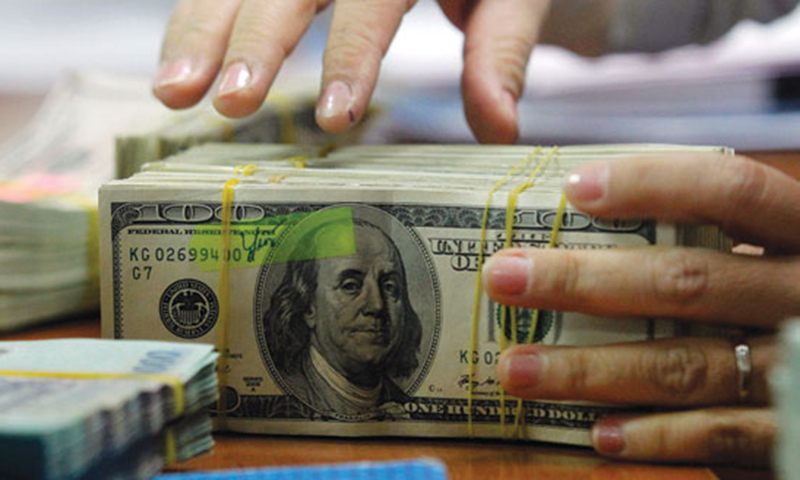Islamabad: Pakistan will issue $750 million worth of Eurobonds in the new financial year to pay back debt incurred during the long rule of former military dictator Gen (retd) Pervez Musharraf, highlighting that the country is in a debt trap.
However, it has shelved a plan to issue $500 million Islamic Sukuk bond before June 30, as it quietly borrowed $1.4 billion in last seven months without competitive bidding.
The country’s Foreign Economic Assistance Plan for 2016-17 includes going to the international market to raise debt through bonds, finance ministry sources said.
The $750 million debt through issuance of Eurobonds is part of $6 billion that the government would borrow next year and disclose to parliament. Total planned foreign borrowings in the next fiscal year are about $10 billion but the government will not disclose $4 billion to parliament by dubbing them ‘publically guaranteed loans’.
In 2007, the Musharraf government issued 10-year bonds at a 6.75% interest rate. Sources said the new bonds would be issued to pay back that loan.
Earlier, in September 2015, the PML-N government raised $500 million by issuing Eurobonds at a highly expensive rate of 8.25%. It retired the equal amount in March 2016, which the Musharraf government had raised in 2006.
Pakistan has started borrowings to retire past borrowings, suggesting its inability to pay back the loans from its own resources. Independent economists see it as a sign of debt trap, which has now increased the cost of debt servicing.
The federal government boasts that the State Bank of Pakistan (SBP) has the highest ever reserves of $16.8 billion but these appear fragile as they cannot be used to retire the debt.
For the outgoing fiscal year, the government had planned to issue a $500 million Sukuk bond as well. Sources said the government has now shelved this plan.
The Sukuk bond plan was dropped after the government tapped a relatively less expensive loan, Finance Minister Ishaq Dar said. His hint was towards foreign commercial bank borrowings.
While briefing the Senate Standing Committee on Finance last week, Finance Secretary Dr Waqar Masood said $1.4 billion had been raised from foreign commercial banks at an interest rate ranging from 4.74% to 5.2%.
However, sources said that in addition to cost reduction benefit, the government also opted for short-term foreign commercial bank loans to avoid scrutiny that it had to face after its last launch of $500 million Eurobond in September.
The Senate panel had taken up the issue of expensive Eurobond borrowings and had decided to summon representatives of three international banks, which the government hired for the purpose of issuing $500 million Eurobonds late last year. The standing committee had suspected that money invested by ‘foreigners’ had actually been flown in from Pakistan.
Later on, the committee dropped the investigations under pressure from the finance ministry.
In November 2014, Pakistan had raised $1 billion from international debt markets by pledging the Islamabad-Lahore Motorway to raise funds that helped keep the interest rate below the Eurobond transaction. Sukuk is an Islamic bond that has to be backed by collateral.
Sources said that National Highway Authority Chairman Ashraf Tarar was this time not willing to offer his asset as collateral without charging any fee. They said Tarar’s point of view was that the federal government also charges interest rates for giving guarantees against loans that the NHA obtains.






